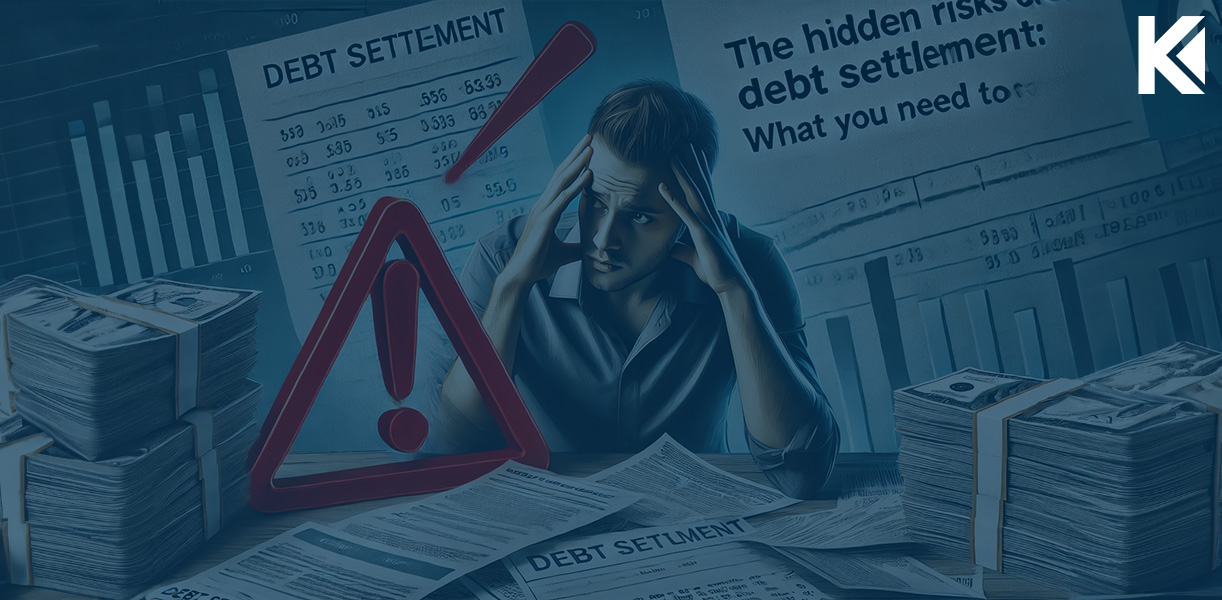When people think of debt, the first image that comes to mind is usually bills piling up or overdue notices arriving in the mail. While those are obvious signs of financial strain, the dangers of unmanageable debt run much deeper. It is not just about the money owed, but about the ripple effects that touch health, relationships, and even how someone sees themselves. Personal loan definition and meaning: a personal loan is money borrowed from a bank, credit union, or online lender that must be paid back with interest, usually in fixed monthly installments. For many, loans like these provide useful tools for managing expenses or funding important purchases. But when debt becomes unmanageable, it transforms from a financial resource into a source of hidden costs that reach far beyond the original balance.
The Weight on Mental Health
One of the most overlooked consequences of unmanageable debt is its impact on mental health. Constantly worrying about late payments or mounting interest creates a heavy emotional burden. Anxiety builds as people wonder how they will make it through the next month, while shame can creep in from feeling like they have failed. Over time, this constant stress can lead to exhaustion, depression, and even physical symptoms like headaches or trouble sleeping. The weight of debt is not just financial—it seeps into daily life and can change a person’s outlook entirely.
Relationships Under Pressure
Debt does not exist in isolation. For couples, financial strain is one of the leading causes of conflict. Arguments over spending habits, hidden purchases, or unpaid bills often chip away at trust. Friends and family may also feel the effects, whether through requests for help or because the individual withdraws out of embarrassment. Social connections, which could otherwise provide support, can become strained under the pressure of financial difficulties. In this way, debt quietly damages the very relationships that might help someone through it.
Opportunities That Slip Away
Unmanageable debt also limits choices. Poor credit scores can make it harder to rent an apartment, qualify for a mortgage, or even land a job in certain industries. Dreams like starting a business or going back to school may be delayed indefinitely because lenders view the risk as too high. These lost opportunities create frustration and can reinforce the feeling of being stuck. The invisible cost is not just the money owed but the doors that remain closed because of it.
Physical Health Consequences
While we often separate financial struggles from physical health, the two are closely linked. Stress caused by debt can lead to high blood pressure, weakened immunity, and a greater risk of chronic illness. People under financial pressure may also skip medical appointments, delay treatments, or avoid buying necessary prescriptions to save money. The result is that financial strain directly impacts physical well-being, often in ways that take years to fully repair.
The Cycle of More Debt
Another danger of unmanageable debt is how easily it leads to more debt. When someone struggles to make payments, they may turn to new credit cards, payday loans, or other quick fixes to stay afloat. These short-term solutions often come with higher interest rates and stricter terms, which only make the problem worse over time. This cycle can be incredibly hard to break, and each new layer of debt increases the emotional and financial toll.
The Loss of Confidence
Beyond the financial and physical impacts, unmanageable debt erodes self-confidence. People may begin to feel powerless, believing they are defined by their financial mistakes. This sense of defeat can spread into other areas of life, such as work performance or personal goals. Confidence is difficult to measure, but its loss can be one of the most damaging side effects of debt, leaving individuals feeling incapable of building a better future.
A Path Toward Recovery
Despite its many dangers, unmanageable debt does not have to be permanent. The first step is acknowledging that the issue is larger than numbers on a statement. Seeking help—from financial counselors, trusted advisors, or support groups—can provide both practical strategies and emotional relief. Creating a realistic repayment plan, learning about debt consolidation, or negotiating with lenders are ways to regain control. Just as important is finding healthy ways to manage the stress, such as journaling, exercise, or open conversations with loved ones. Recovery is rarely quick, but each step helps restore stability and hope.
Final Thoughts
Debt is often discussed only in financial terms, but its hidden dangers reach into nearly every part of life. From mental health and relationships to lost opportunities and physical strain, unmanageable debt quietly shapes how people live and how they see themselves. Recognizing these deeper costs is the first step to breaking free from them. At its heart, debt is not just about money—it is about the weight it places on a person’s mind, body, and future. With patience, support, and steady action, that weight can be lifted, and life can once again move forward with confidence.
